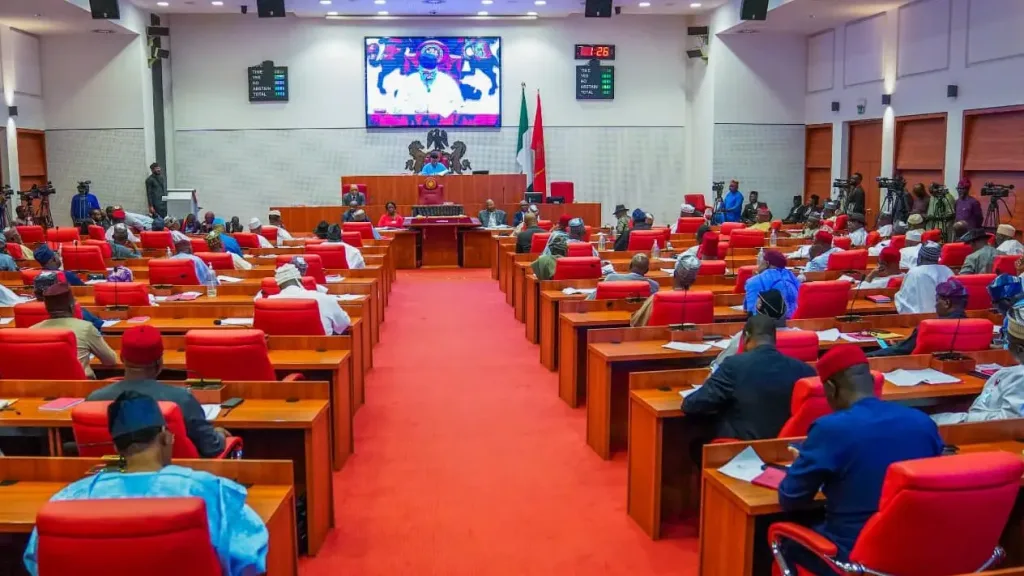Nigeria is on the cusp of significant constitutional reforms as the Senate Committee on the Review of the 1999 Constitution prepares to consider a wide range of proposals. At the heart of these reforms are 31 proposals for state creation, including seven from the North East, six from the North West, and others from various geopolitical zones. These proposals will be scrutinized during a comprehensive two-day zonal public hearing set to take place across the country’s six geo-political zones.
The committee, led by Deputy President of the Senate, Senator Barau Jibrin, aims to gather input from Nigerians on proposed constitutional amendments. The public hearing, scheduled for July 4 and 5, 2025, will delve into critical national issues such as local government autonomy, electoral and judicial reforms, state creation, and inclusive governance. Ismail Mudashir, Special Adviser to the Deputy President of the Senate on Media and Publicity, highlighted that one of the bills proposes establishing local government councils as a tier of government, ensuring their democratic existence and tenure. This move is part of a broader effort to grant full autonomy to the country’s 774 local government councils.
Additionally, the committee will consider two bills on security and policing, focusing on the establishment of state police and a state security council to coordinate internal security policies. Fiscal reforms are also on the agenda, with six bills aiming to streamline revenue allocation and enforcement. A notable proposal seeks to provide additional seats for women in the National and State Houses of Assembly, promoting gender equity. Furthermore, traditional institutions are set to be strengthened with a bill to establish the National Council of Traditional Rulers, among others.
Electoral reforms are another key area of focus, with a proposal to allow independent candidacy at all levels of elections and a bill for diaspora voting to enfranchise Nigerians abroad. The judiciary is also slated for overhaul, with over 20 bills aiming to introduce timelines for judgment delivery and expand the jurisdiction of election tribunals. In a significant move towards devolution of powers, items like labour and shipping may be transferred from the Exclusive to the Concurrent Legislative List.
The committee emphasizes the importance of public engagement in shaping Nigeria’s constitution, urging all citizens to participate in the zonal public hearing. This inclusive approach underscores the committee’s commitment to democratic principles and the pursuit of a more equitable and just society for all Nigerians. As the country moves forward with these reforms, the international community watches with interest, recognizing the potential for Nigeria to set a precedent in constitutional reform and democratic governance.
